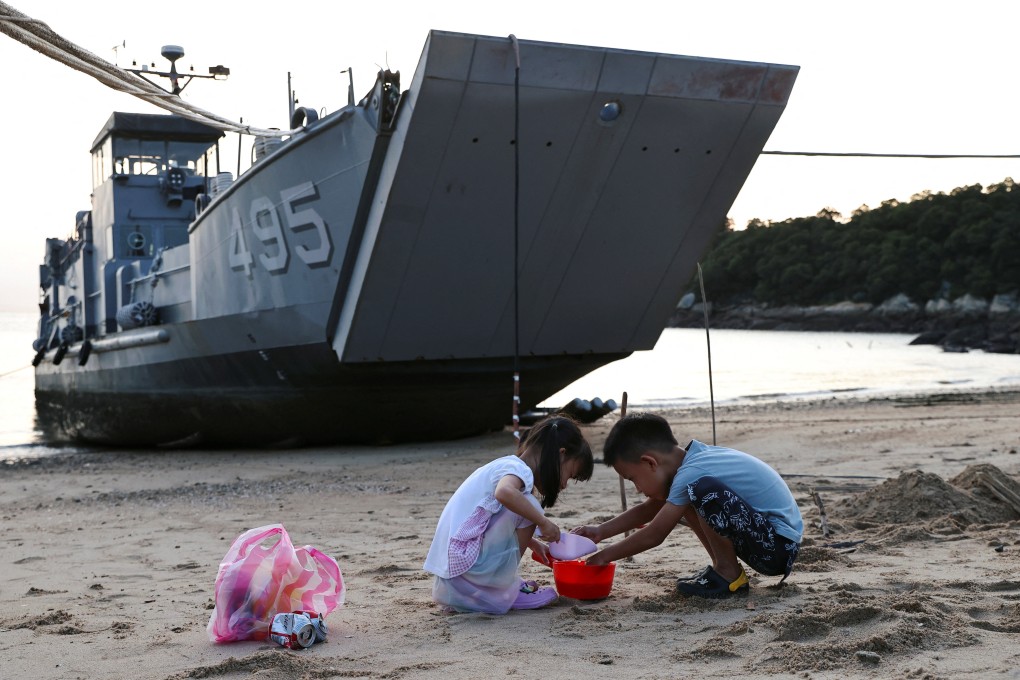Advertisement
Letters | US and China must explore better solutions to Taiwan stand-off
- Readers discuss the need for a more constructive approach to the Taiwan crisis from both the US and China, the disconnect between language and nationality, and the danger in Hong Kong persisting with many Covid controls
Reading Time:3 minutes
Why you can trust SCMP
11

Feel strongly about these letters, or any other aspects of the news? Share your views by emailing us your Letter to the Editor at [email protected] or filling in this Google form. Submissions should not exceed 400 words, and must include your full name and address, plus a phone number for verification.
Commenting on the dispute over Taiwan, your correspondent notes that China and the West lack understanding of each other’s strategic considerations (“China’s conciliatory white paper on Taiwan deserves a fair hearing”, August 13).
But in fact, the two know each other well. Unlike during the Cold War, we now enjoy a free flow of information.
Advertisement
Conflict between China and the West is inevitable: China seeks aggressive revival of the glory of the Chinese state, while Western countries, especially the US, fret about the rise of China.
On Taiwan, China’s topmost wish is reunification, whatever the cost, while the US wants to constrain China’s rise by using the island as a puppet. If both sides don’t back down, the result will be devastating even if no military conflicts are triggered.
Advertisement
The two are among each other’s largest trading partners. Neither can afford to lose this partnership in a globalised, highly interdependent world. It is clear that negotiations and compromises are much better than shouting slogans.
Advertisement
Select Voice
Select Speed
1.00x